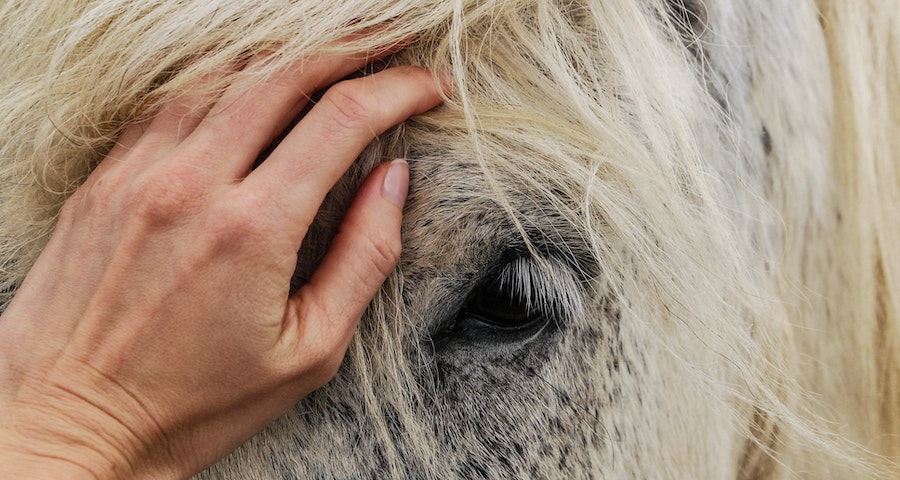
Running a farm can be challenging, and taking care of the animals is a vital part of it. While farmers often have a good understanding of their animals’ needs, there may be times when they need to seek veterinary care for them. As animals are exposed to different situations, illnesses, and infections, it is crucial to have timely and appropriate vet care to ensure their health and well-being. Here are the top reasons why your farm animals may need a vet.
Illness:
Animals, like humans, can get sick at any time. They may show some symptoms like refusal to eat, lethargy, lameness, fever, diarrhea, or abnormal discharge. In such cases, it is essential to call a vet to diagnose the illness and provide the appropriate treatment. It will help prevent the spread of the illness to other animals and ensure your livestock stays healthy.
Injury:
Animals can also sustain injuries from several sources such as fighting, accidents, or difficult births. If you observe any wound, swelling, or limping, it is best to call a vet for advice on how to care for the animal. The injury may require cleaning, stitching, or medication depending on the degree of severity.
Parasites:
Parasites such as ticks and worms can affect your livestock’s health and reduce productivity. These parasites consume the animal’s blood and nutrients, causing severe health issues such as anemia, weight loss, and reduced milk production. If you observe parasitic infestation, it is recommended to call a vet for the appropriate treatment.
Reproductive Issues:
Reproductive problems such as difficult births, abnormal vaginal discharge, and infertility can affect your farm’s productivity and profitability. It is crucial to call a vet to assist with breeding management, prenatal care, and delivery. A vet can also diagnose and treat infertility and other reproductive disorders to ensure a healthy breeding process.
Vaccinations:
Animals, like humans, require vaccinations to prevent infection, illness, and disease outbreaks. Regular vaccinations for farm animals can prevent illnesses such as tetanus, pneumonia, and brucellosis, among others. A vet can recommend the appropriate vaccine schedule for your animals and advise on the best type of vaccine to use.
Conclusion:
In conclusion, vets play a significant role in keeping your farm animals healthy and productive. From diagnosing and treating illnesses and injuries to ensuring appropriate reproductive care and vaccination management, their expertise is invaluable. If you observe any symptoms or changes in your animals’ behavior or health, it is essential to call a vet for timely and appropriate care. By doing so, you are ensuring that your animals remain healthy, happy, and productive, which is ultimately the goal of any farming operation.
